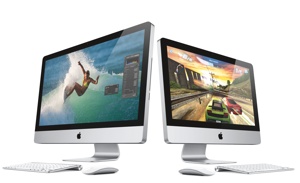Small and medium-sized businesses (SMBs) are moving rapidly toward adopting mobile apps, according to new research from Clutch (https://clutch.co/), a research, ratings, and reviews platform for business services.
Currently, 42% of SMBs have built their own mobile app, but Clutch’s survey indicates that SMBs increasingly view them as a worthwhile tool to improve business operations and return on investment. Two-thirds (67%) of SMBs surveyed said they plan on having a mobile app by the end of 2017, a benchmark growth rate of over 50% over the course of the year.
SMBs gave various reasons for building mobile apps as well as identified features they particularly value. Most of those features directly relate to mobile apps’ impact on improving business, particularly their ability to provide solid return on investment (ROI).
“People won’t just go download your app because your business has an app,” said Cameron Banga, project manager and co-founder of 9magnets, a mobile app development company. “I think businesses are finding that having an app doesn’t increase sales, but the customer service experience on mobile is definitely increasing customer satisfaction.”
Banga’s comments reflect trends found in the data, including that ‘improving customer service’ was the primary reason why SMBs built a mobile app in 2016.
Other factors which influence whether or not SMBs have developed a mobile app include company size and age of management personnel, as well as the resources a company has available to devote to mobile applications.
Larger SMBs, in addition to those with younger managers, are more likely to have developed mobile apps. SMBs with owners under the age of 45 are two times more likely to have built a mobile app than those with owners over 45.
Clutch surveyed 355 small business owners and managers about their current use, and future plans, regarding mobile apps as part of the 2017 SMB Digital Marketing Survey. Forty-two percent of the businesses surveyed have fewer than 10 employees; 50% have annual revenue under $1 million.



